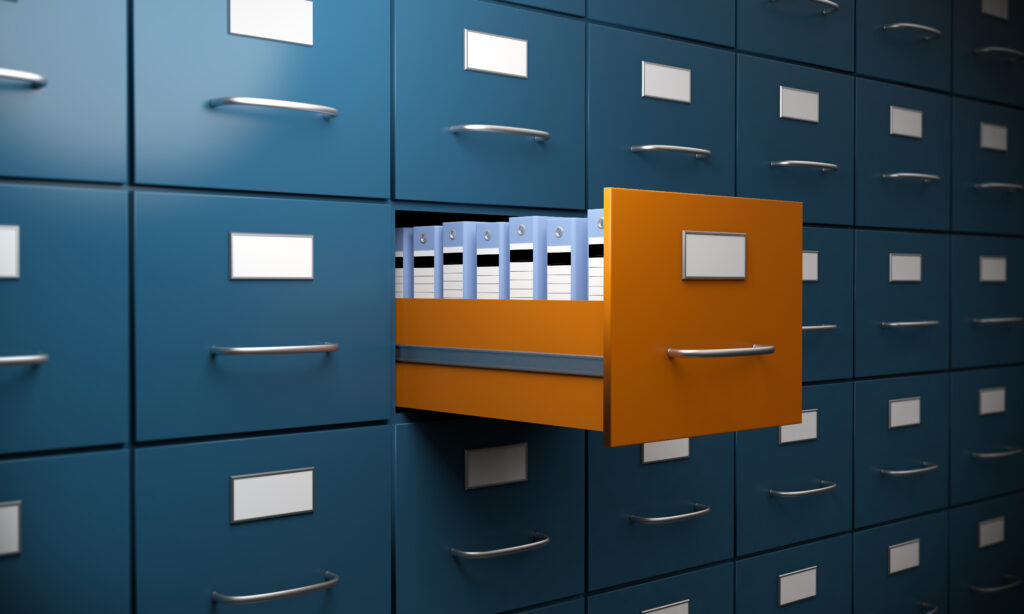How to Properly Organize Your Tax Records
- Contributor
- Wendy Bass
Aug 8, 2023
While it might feel like there's never an ideal moment to sort out your tax records, the window between last year's filing and preparing this year's return is often opportune. Though not the most thrilling task, tackling it now can save you both time and potential headaches in the future.
Rules for Tax Laws
A good rule of thumb is to keep your tax records for as long as the IRS can legally assess any additional taxes you may owe or audit your returns. That means keeping your records until the statute of limitations runs out—usually three years after you originally filed your return or three years after the original due date on the tax return.
There are some cases, though, when the statute of limitations extends beyond the standard three years. The limitations period can jump to six years if you understate your adjusted gross income by more than 25%. Also, no statute of limitations exists if you fail to complete or file a fraudulent return.
Longer Limitations Periods
It is important to consider the exceptions to the IRS statute of limitations. You should always keep a copy of your yearly tax returns regardless of the statute because there may be a time that you will need a previous return on hand.
For example, it is common for the IRS to destroy your original returns after about four or five years. So if the IRS comes back ten years down the road and claims you never filed your return for a particular year, you have the proper evidence to support yourself. Although the limitations period for filed returns may have long expired, the IRS can assess tax for that year if you have nothing to prove that you filed the return. Keeping a copy in your records at all times could prevent you from having to pay duplicate taxes.
It is also wise to keep W-2 forms until you at least start receiving Social Security benefits. If a question comes up about your work records or yearly earnings, you may need to have a copy handy.
Property and Other Investment Records
In the case of property records, always keep closing documents and initial purchase and capital improvement records for a minimum of three years. It is recommended to keep them for six years if you may have understated your income by more than 25% after filing your return for the year you sold the property.
In the case of stocks or other types of securities, you should keep purchase statements and trade confirmations for at least three years. Again, keeping these records for up to six years is recommended after you have filed your return for the year you sell these assets.
Always Keep an Eye on Your Records
Having an organized system not only helps manage this accumulation but also ensures you're prepared if you need to access past records due to IRS concerns. For guidance on which records to retain and which to discard, consult with your CRI tax advisor. In staying proactive and organized, you'll be better positioned to navigate any tax challenges that come your way, ensuring peace of mind for the future.

































































































































































































































































































































































































































































































































